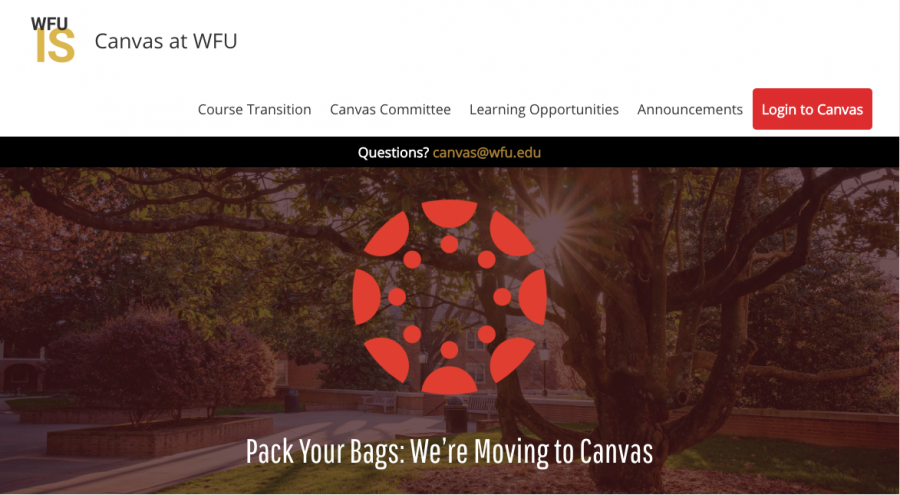Learning methods should change
Current methodology blurs the line between school and personal lives
October 28, 2021
Every day, I sit in my silly little education classes and learn about the extensive body of research exploring effective teaching methods and how students learn best. And every day I sit in my other classes wondering how the rest of my professors did not get the memo.
I’ve always had really positive experiences in the education department, which I believe is because those professors have dedicated their professional lives to the study of teaching and learning. Most education professors implement these practices into their courses at Wake Forest, so why don’t other departments?
We pay top-dollar to attend this renowned academic institution just to sit in seminar-style classrooms listening to droning lectures and ultimately doing the majority of our real learning outside of the classroom.
It’s really frustrating to be assigned hundreds of pages of readings every week, show up to class in which professors will synthesize each reading for us and then go home to write 200-word posts and respond to our classmates in Canvas replies to simulate discussions.
It makes me not want to do the readings if professors are going to give us the important takeaways anyway, and it bothers me that I have to pretend to engage with my peers for a grade when we could have utilized class time more effectively to achieve the same objectives.
As a freshman, I was always so confused by the upperclassmen who never showed up to class and still got good grades, because I thought we were going to learn something new every day. I get it now —attendance is part of our grade because, otherwise, there’s often little incentive to be present for lectures on materials you’ve already taught yourself as part of the assigned homework.
I understand that professors want to ensure that we’ve read the texts and learned what we were supposed to, but I feel like there’s a better solution than 300 pages of reading for a politics class, followed by 45 minutes of explaining the author’s convoluted argument. Isn’t it our professors’ jobs to select readings that will supplement what they teach us? Sure, they might be teaching us to tackle daunting bodies of text and read for comprehension in the world of academia, but surely not every class should make students feel overwhelmed or even defeated.
In reflecting on how we can improve the quality of education at Wake Forest, I keep returning to the idea that our time here is supposed to be preparing us for the “real world.” That phrase means something different for everyone, especially at a liberal arts college. Grad school, Wall Street, nonprofits, government agencies, office jobs in the Midwest — there’s no telling where each student will end up and how they will use the skills they learned as an undergraduate once there. That said, I think professors could consider what their class is teaching beyond the core curriculum.
We are learning the habits and ways of thinking we’ll use for the rest of our lives, and the way our courses are structured has a significant impact on how we are developing as workers. Having no boundaries between the workday and our personal lives and taking on more than we can handle is no way to live, so why do we try to do so in college?
A common complaint from students I know is that every professor thinks their class should be a top priority. Realistically, Wake Forest students have a lot more to balance than their 12-17 credits. Taking a quick glance at LinkedIn would tell you that most students are members of multiple organizations and extracurricular activities, hold jobs and internships and often maintain high academic standing to boot. Just don’t ask us how much we sleep or rely on social gatherings to help us forget how overwhelmed we are.
I’m not asking professors to make classes easier per se, but my best classes have focused on meaningful content and extended grace to students in times of stress. As such, I’ve learned the most from professors who acknowledged how much is going on in the world outside of our course.
Small adjustments to Wake Forest classes could help facilitate this, such as minimizing the number of textbooks necessary to purchase in addition to tuition costs. For example, many Education experts suggest homework is not the most effective gauge or reinforcer of learning. Reducing workloads by minimizing busywork at home and measuring learning in class through discussions would foster a more personal learning environment and establish a clearer boundary between students’ academic and non-academic lives.























